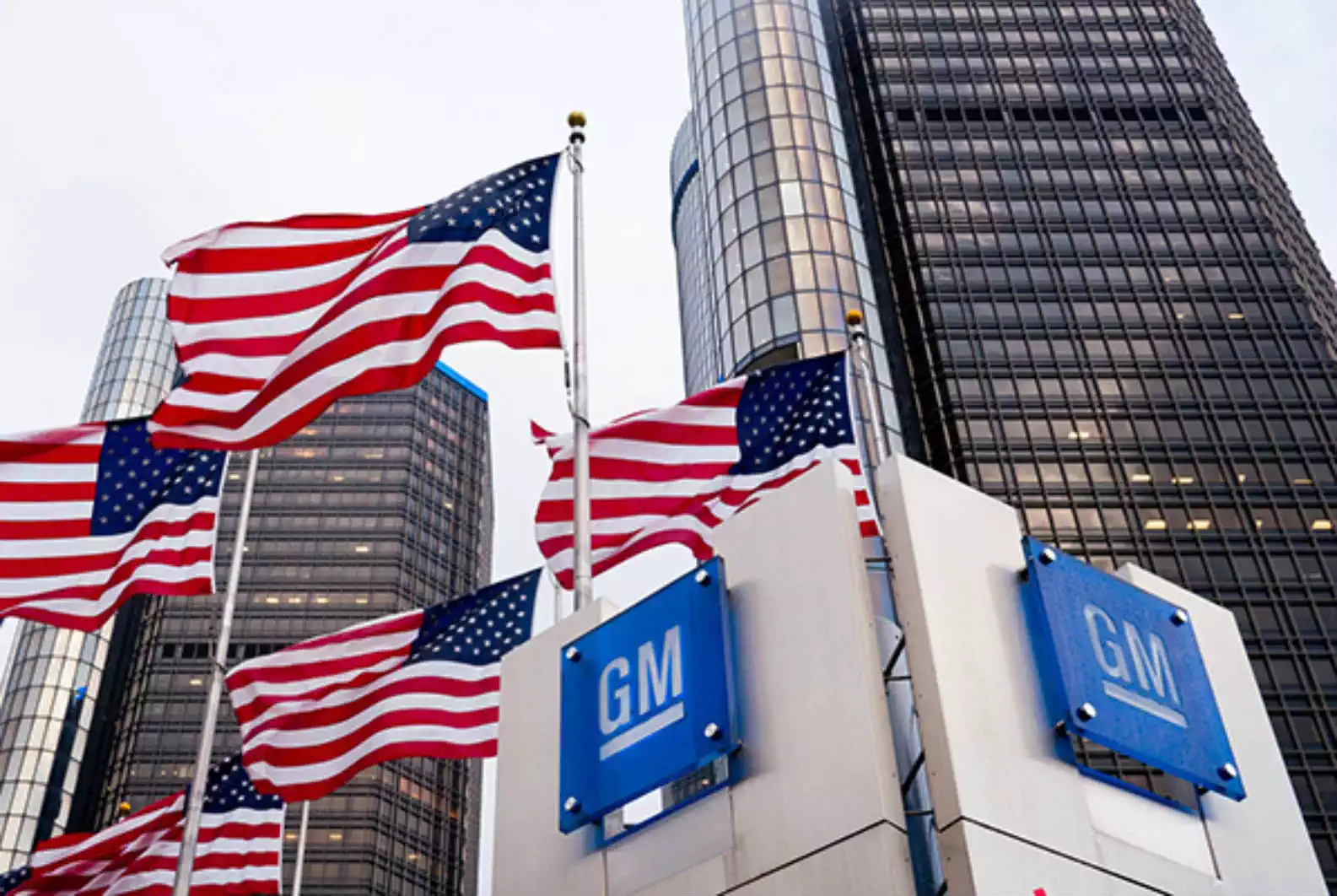Quoin built a series of applications for General Motors OnStar from 2001 - 2005. Our work focused on the implementation of sophisticated features for account management and delivery of onboard services to OnStar customers. We provided dedicated projects teams that were responsible for project management, architecture, implementation, and testing. Quoin won the 2004 General Motors CIO's Award in recognition of an application delivered with zero defects in UAT and production.

Quoin led the first project to automate Call Center functionality by designing and implementing a system to automatically process subscription renewals. Previously, once the funds for the renewals were confirmed, a team of OnStar advisors manually entered the renewals into the OnStar system. OnStar identified this manual process as both time-consuming and error-prone. Furthermore, OnStar recognized that automating the renewal process would ensure that subscriptions were renewed quickly and accurately. This project and its corresponding architecture were used moving forward as a framework and reference for additional automation projects that were completed. This required an architecture that was highly scalable and extensible as the throughput of the system increased greatly as new functionality was added. This project helped to achieve the goal of saving money on the manual process and focusing the Advisors on more mission-critical tasks.
Quoin led a project to design and implement a system to automate the cancellation of user subscriptions associated with non-credit card accounts and support the return of unused Mobile Identification Numbers (MIN) to a national wireless provider. Prior to the project, Revenue Management personnel were manually canceling expired subscriptions. This was a tedious and time-consuming process and the number of subscriptions expiring on a daily basis far exceeded the number being manually canceled. This resulted in a backlog of over 200,000 expired subscriptions that were generating millions of dollars of revenue that OnStar would never collect. The subscriber continued to receive uninterrupted service until the subscription was manually canceled.
The application identifies and cancels unpaid subscriptions, in turn freeing the phone number associated with those accounts for future re-use. The system was delivered on time and within its fixed cost. The auto-cancellation service exhibited zero defects in its acceptance tests and continuing operations. The application cleared the backlog in less than 5 weeks and OnStar subsequently saved $4 per month for each returned MIN and gained in excess of a 500% return on its investment within 3 months.
Quoin led a follow-up project to automate the cancellation of user subscriptions associated with accounts that had a credit card associated with them. These subscriptions were different from the previous subscriptions because after the subscription expired, the credit card was automatically billed on a monthly basis for the continuing service. However, if the credit card expired or became invalid for any reason, OnStar would continue to generate revenue that they might never collect despite contacting the subscriber via marketing calls and reminder letters.
Again, Revenue Management dealt with these subscriptions manually and had a backlog of 20,000 credit card accounts with multiple subscriptions associated with them. The rules for canceling these subscriptions were a lot more complex than non-credit subscriptions because there could have been revenue collected after the subscriptions expired. This resulted in numerous errors during the manual cancellation process that in turn resulted in subscribers being refunded an incorrect amount.
The application identifies and cancels unpaid subscriptions using the correct rules defined by the business, ensuring the correct amount is refunded to the customer and in turn freeing the phone number associated with those accounts for future re-use. The system was also delivered on time and within its fixed cost and exhibited zero defects in its acceptance tests and continuing operations.
One of the most valuable services that OnStar provides is the ability to immediately detect if a vehicle is involved in a collision. This service gives the customer a huge sense of security and provides a critical lifesaving service as opposed to some of the other non-critical services available, like concierge information and remote diagnostics. In the event of the front airbags deploying, the vehicle will send a signal to the OnStar Call Center. An advisor will then attempt to contact the vehicle to see if assistance is required. If there is no reply, emergency help will be notified along with the location of the vehicle.
Quoin led the project to design and implement the system for receiving the signal from the vehicle and route it to the Call Center Agent. The signal sent from the vehicle is a stream of data that needs to be decoded and formatted into a readable message for the advisors. The signal would be decoded to give information about the vehicle and crash, like location and angle of impact. This project required complex system integration with the vehicle navigation system to ensure that the relevant signals were decoded properly and routed correctly to the Call Center. As this was a life-critical system, there was no margin for error. The system required extensive unit and system-level testing to ensure that no scenario was overlooked. The system was delivered on time and within its fixed cost and as required exhibited zero defects in its acceptance tests and continuing operations
When a GM employee reaches a certain seniority level they are entitled to a company vehicle. However, CVO-assigned drivers differ from regular subscribers for OnStar – they are assigned a new vehicle approximately every 90 days and are eligible for different packages and pricing than regular retail subscribers. The business identified a number of costly time and financial issues with the existing manual process. For example, when CVO vehicles were sold to retail customers, marketing had to rely on the new owner calling the Call Center in order for the vehicle to be set up correctly on the new account. OnStar estimated they were losing $930K of annual renewal sales for vehicles that were not being transferred to retail accounts. Other problems included the following.
- Advisors were not provided with the information necessary to identify CVO vehicles at the time of enrollment.
- Data was being manually changed, which caused data integrity problems and inaccurate reports.
- Revenue Management had to transfer CVO vehicles when a driver returned them after their 90 day period.
- Nearly 15% of CVO subscribers were being assigned incorrect account types or packages resulting in incorrect billing.
- Revenue Management audited all CVO enrollments manually to fix errors.
Quoin led a project to automate CVO assignment, operations, and return. As a result of this effort, data integrity improved and the reporting process was 100% accurate. CVO automation also enabled Revenue Management personnel to focus on more important tasks than data correction. The system ensured that vehicles were pre-enrolled and activated prior to the customer receiving the vehicle. This change significantly reduced the amount of time a customer had to spend with an advisor every time they changed vehicles. The time savings improved customer satisfaction and advisor productivity.

